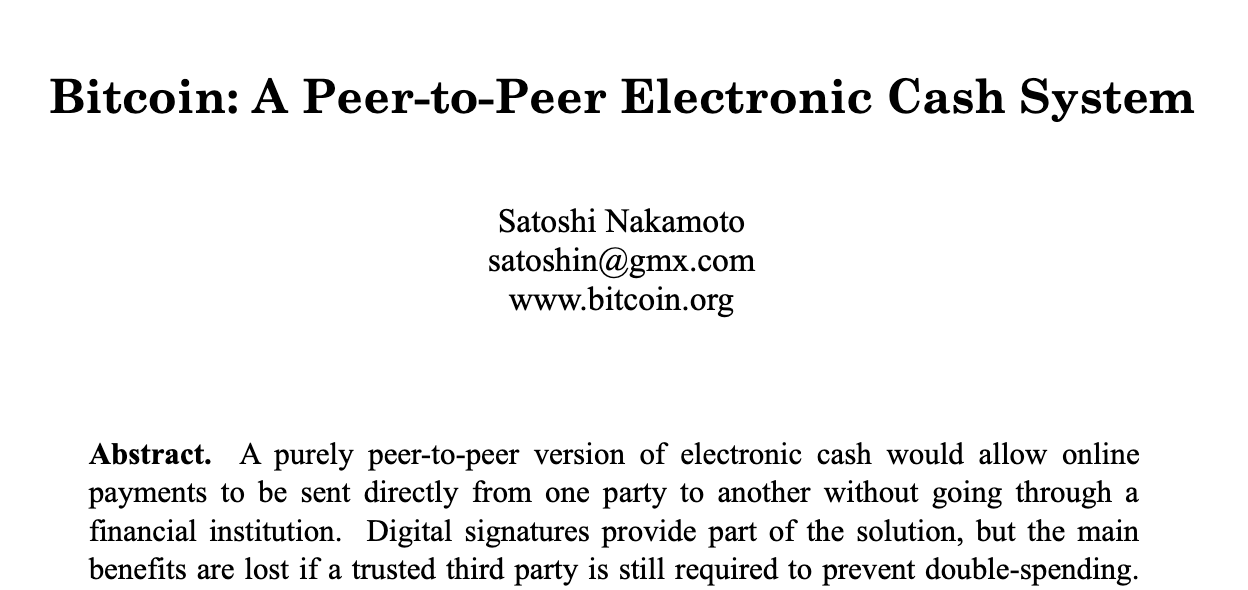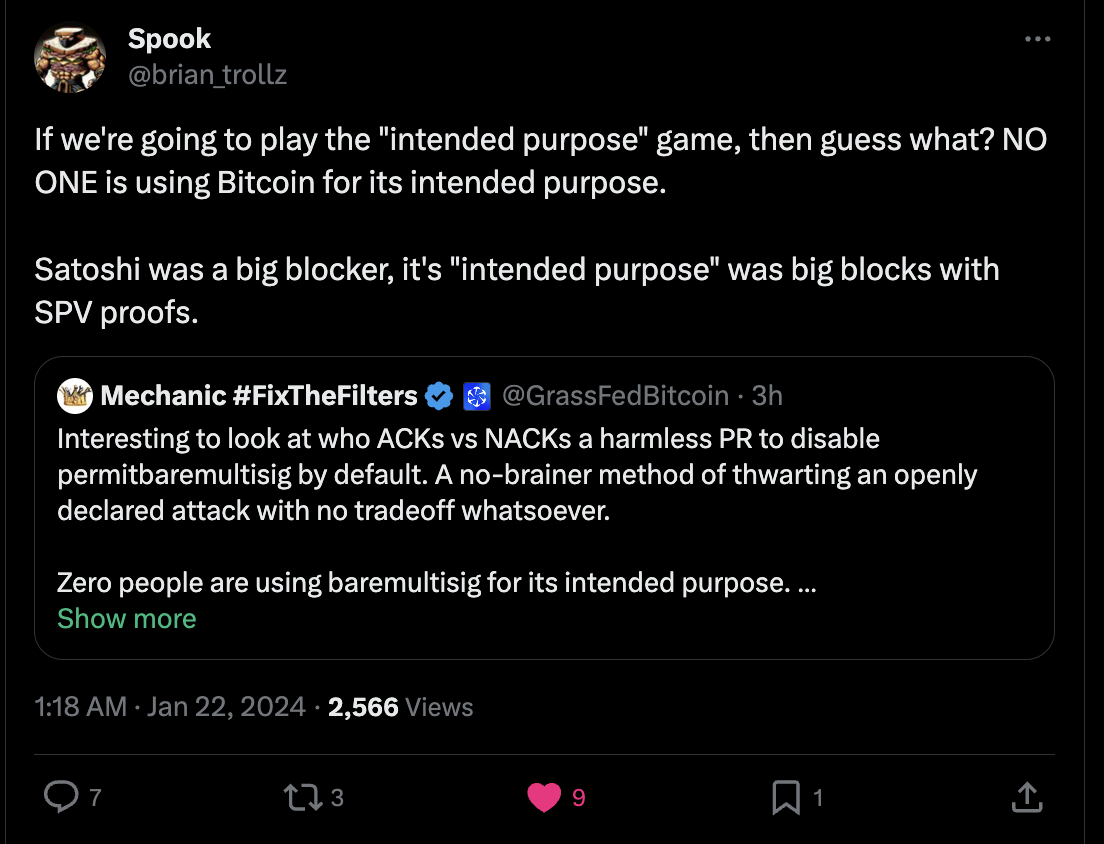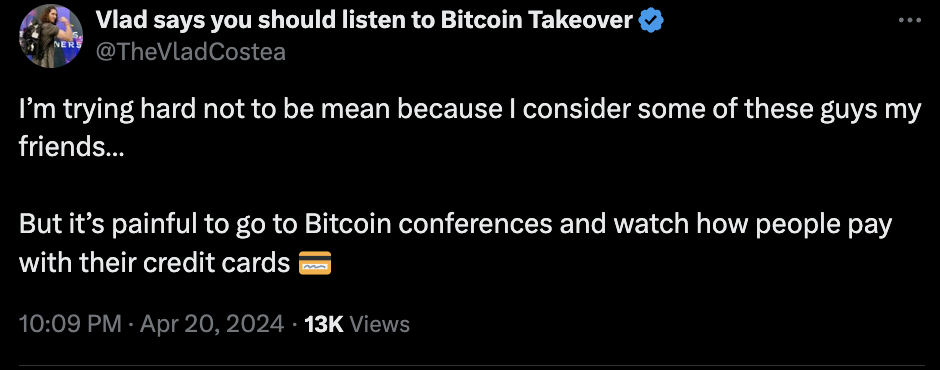Is Bitcoin Cash (BCH) the real Bitcoin?

From: The Bitcoin whitepaper
Bitcoin has no owner, and is not defined by law, by Bitcoin exchanges, or by anything other than the decision of people around the world. Like everything else about Bitcoin, its very definition is decentralised. The answer is up to you (and everyone else in the world) to decide for themselves.
The Bitcoin Cash community (and The Bitcoin Cash Podcast) adamantly maintains that Bitcoin Cash (BCH) is Bitcoin, and "Bitcoin" (BTC) is not Bitcoin. The sentiment runs in reverse too, with some BTC supporters attempting to marginalise BCH as "Bcash".
This might seem like strange semantic pedantry, but it is actually critically important. This dispute stems from history, explains why Bitcoin Cash will not rebrand and has very large stakes because the Bitcoin name and brand has a strong philosophical, linguistic and commercial value. It cuts to the legitimacy of each community/coin, and as Vitalik Buterin (co-founder of Ethereum) would say the only scarce resource is legitimacy.
Note also that cryptocurrencies and their network effects benefit very strongly from the Lindy effect, the longer they exist the more they are perceived as reliable, trustworthy and resilient. Bitcoin, being the first launched and most widely known coin, has the strongest benefit of this effect and therefore as time progresses the benefit of gaining the Bitcoin title increases rather than fades in relevance. If BCH is to reclaim the Bitcoin title from BTC globally, it must create an undeniable edge technologically and economically but also in the public's recognition.
Acknowledgement of BCH as the real Bitcoin
As of January 2024, even BTC advocates are openly admitting that Bitcoin Cash is the real Bitcoin and the BTC side has completely diverted their fork of the project from its original purpose.

See this example of debate over Bitcoin's purpose between BTC maximalist advocates Bitcoin Mechanic (aka "@GrassFedBitcoin") & Shinobi (aka Spook / "@brian_trollz"). Their dispute is over data storage on the BTC chain ala Ordinals, but it provides a background for Shinobi to inadvertently directly acknowledge BCH are the ones that followed the whitepaper & Satoshi's scaling plan.
This is already a massive goalpost move from Shinobi's debate opinions reviewed on Episode 74.
As of April 2024, the BTC community is in full self-admission that their project is not even remotely usable as a currency.

Bitcoin podcaster Vlad Costea admits that even at BTC conferences people don't pay in BTC. Source
In the future, it will be hard for people to believe that propaganda was so strong that billions of people inadvertently believed BTC was Bitcoin.
How to decide on the real Bitcoin?
How can a new user to the ecosystem decide whether Bitcoin Cash (BCH) or Bitcoin (BTC) is the real Bitcoin? A number of recommended starting considerations is below, it is left to the user to determine the relative importance of each metric:
-
Personal experience: Try both coins yourself! Bitcoin is supposed to be money for the world, and the coin the most people find most useful will become known as Bitcoin through common acceptance and demand.
-
Whitepaper: Read the original Bitcoin whitepaper. This document by Satoshi Nakamoto explains the concept and workings of Bitcoin.
-
Visit adoption hotspots: In heavy areas of Bitcoin Cash adoption, such as the island nation St Kitts or the Bitcoin Cash City in Townsville, Australia, "Bitcoin" already means BCH in common parlance because it is regularly transacted for goods and services. BTC is unused and irrelevant. A visit to those areas may prove enlightening.
-
Other Satoshi writings: Read Satoshi's online discussions. The whitepaper is the most critical element of Satoshi's writing, but further context can be found in his subsequent writings.
Most notably, Satoshi explicitly favoured a blocksize increase approach to scaling, which was the central issue that BCH and BTC diverged on. BCH followed the advice of Satoshi and raised the blocksize, while BTC determined not to raise the blocksize and investigate other scaling solutions.

Satoshi explains the plan to raise block size limit
-
Early Bitcoin applications: Before Bitcoin split into BCH and BTC, one of its most popular early applications was called Satoshi Dice, a website allowing users to gamble online with Bitcoins. The application now runs only on BCH. Due to the high fees on BTC, it is no longer functional or viable.
-
Early Bitcoin evangelists: Watch some talks from prominent, visionary, early Bitcoin evangelists before Bitcoin became contentious and split into Bitcoin Cash and Bitcoin BTC. Consider how they thought about Bitcoin, and which project today sounds like the one they described then.
Example 1: Andreas Antonopolous in 2013, who later supported BTC.
Example 2: Roger Ver in 2013, who later supported BCH.
-
Read surrounding literature: Read Hijacking Bitcoin by Roger Ver & The Blocksize War by Jonathan Bier, which are the best available retellings of the "big block" & "small block" version of events in The Blocksize War period. The stories overlap in some areas & disagree in others - so anyone can benefit from reading both & deciding for themselves.
-
Consider arguments for/against: Think about what makes Bitcoin special, what's wrong with BCH & what's wrong with BTC.
-
Compare statistics: Coin.dance maintains an excellent site that allows users to compare stats from Bitcoin forks. Hash rate may be particularly relevant, as referenced in the whitepaper.
-
Usage / community: Get involved in the BTC and BCH communities, and see which one best embodies the "spirit" of Bitcoin ("spirit" defined by your own judgement).
SegWit
- Consider technical arguments: This one is quite involved, but the Segregated Witness upgrade added to BTC but not BCH was also a point of contention among Bitcoin purists. For a more indepth argument of the technical aspects, see this excellent video by Peter Rizun. For even more detailed follow up debate, see this Reddit thread.